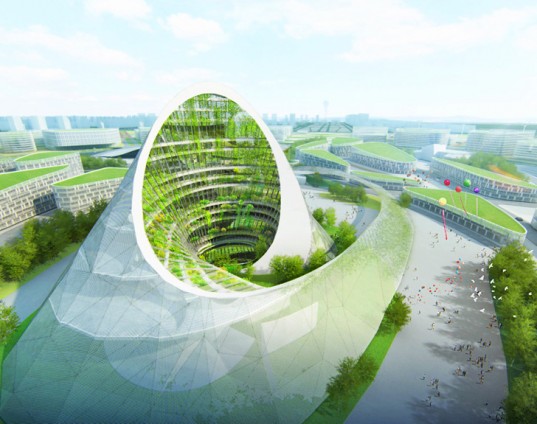|
|
|||||||||||||||||||||||||||||||

Environmentally Friendly, Green and SustainableHello and welcome to the Lilith Press Magazine's section for all things Environmentally Friendly, Green and Sustainable! If you are looking for something that sparks your green thumb and eco-conscious mind then we are here to light a tinder to that spark. Our goal here is to provide a forum for new ideas for how societies around the world can cope with matching their environmental needs to their need for a place to live, food on the table, and still remain in harmony with the balance of nature.
Sincerely,
New Articles
Old Articles
Green Sustainable ArchitectureYoung architects around the globe have been dreaming of green sustainable architecture for decades now. The problem is that their ideas rarely got off the drawing board. Now in the 21st century society has started to demand and expect Green Sustainable Architecture - to the point that the concept of building cheap modernist concrete buildings now seems idiotic. Everyone wants postmodern architecture designed to be eco-friendly and energy efficient.
Now I am not saying cheap buildings have gone the way of the Dodo bird. Quite the opposite. Those types of buildings will continue to have staying power with companies looking to save a quick buck. The difference however is when it comes to new condos, new business towers - basically any building wherein they are trying to make a good impression on the people they are selling something to - then they are opting for the postmodern and the energy efficient because they know they will make / save more money later on due to reduced energy bills and bringing in extra clients, or in the case of condos, more sales to condo buyers. Green Sustainable Architecture thus becomes a no brainer when it comes to both making more money and saving money down the road. But first a company has to have the capital to make such an investment in their financial future. And lets face it, even though society is demanding such structures - there are not a lot of companies making that forward leap by thinking ahead. But now that some companies are thinking in that direction - and environmentalism is now "kewl" - it is well past time we start making such buildings the norm instead of the exception. It is time we start building the utopian future we always dreamed of where nature and mankind coexist peacefully and harmoniously.
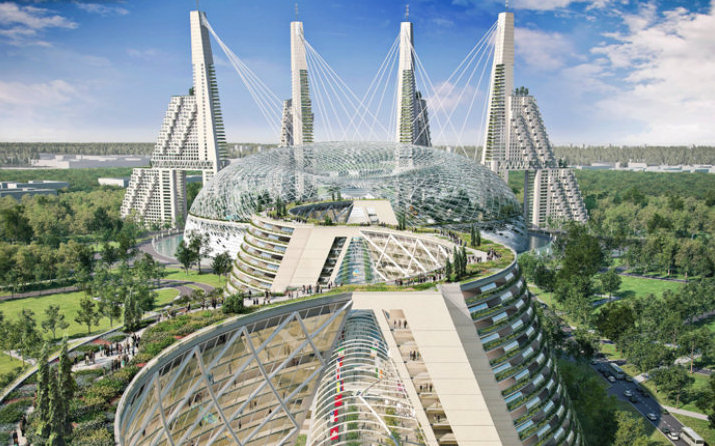 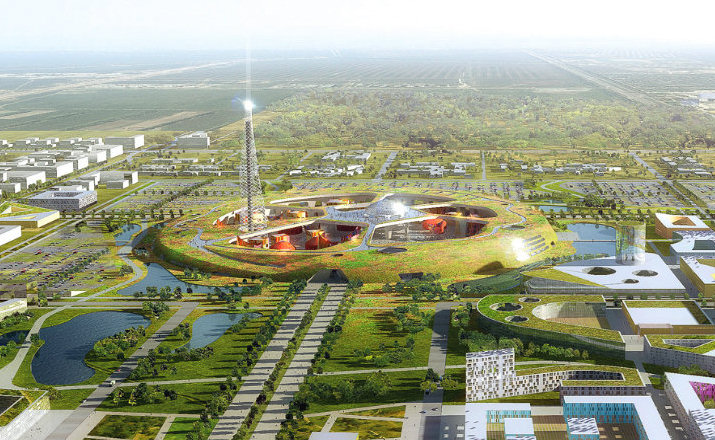
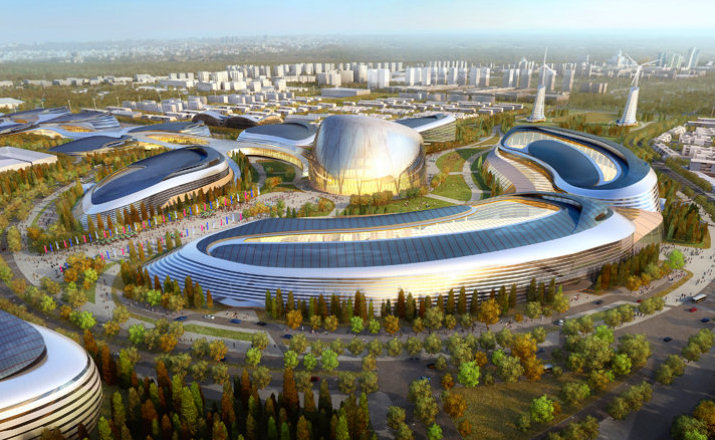 
 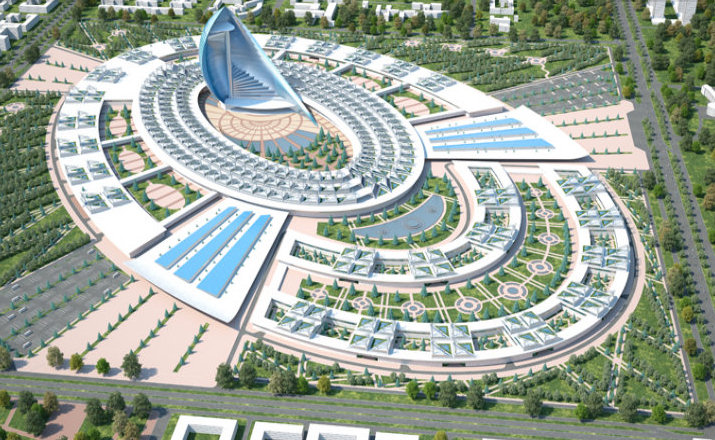
|
|
||||||||||||||||||||||||||||||
Putin's Environmental Policies: A Critical Examination of Progress and PitfallsBy Chaz G. T. Patto - June 2023. While Vladimir Putin's tenure as the President of Russia has seen some notable developments in environmental policies, it is crucial to critically examine the effectiveness and shortcomings of his administration's approach. Below is a critical analysis of Putin's environmental policies, highlighting areas of concern and missed opportunities in addressing pressing environmental challenges. By scrutinizing key aspects such as climate change, renewable energy, conservation, and pollution control, we can gain a deeper understanding of the limitations and shortcomings of Putin's environmental agenda. Climate Change Response Despite Russia being one of the world's largest greenhouse gas emitters, Putin's response to climate change has been lackluster. The article highlights the limited progress made in reducing emissions and transitioning to a low-carbon economy. It explores the continued reliance on fossil fuels and the absence of concrete measures to combat climate change, reflecting a missed opportunity to demonstrate global leadership in addressing this urgent issue. Renewable Energy Stagnation While Putin's administration has acknowledged the importance of renewable energy, the actual progress in this sector has been slow and inadequate. The article critiques the lack of substantial investments, policy incentives, and regulatory support for the development of renewable energy sources. It emphasizes the missed potential for Russia to tap into its vast renewable energy resources and diversify its energy mix, which would have contributed to a more sustainable and resilient economy. Biodiversity Conservation Challenges Despite Russia's remarkable biodiversity, the article highlights the insufficient efforts to protect and conserve natural habitats and endangered species. It examines the inadequacies in establishing protected areas, combating illegal wildlife trade, and enforcing conservation regulations. The lack of comprehensive measures and enforcement mechanisms reflects a failure to prioritize and safeguard Russia's unique ecosystems and biodiversity. Pollution Control Failures Putin's administration has struggled to effectively tackle environmental pollution. The article delves into the challenges of industrial pollution, air quality, and water contamination. It critiques the inadequate enforcement of environmental regulations, insufficient penalties for polluters, and limited investments in pollution control technologies. The result is compromised public health and ecosystems, with little progress made towards achieving sustainable pollution control. Lack of Transparency and Civic Engagement Transparency and public participation are crucial for effective environmental governance. The article critiques the limited transparency surrounding Putin's environmental policies and decision-making processes. It examines the lack of meaningful engagement with civil society organizations, scientists, and local communities, resulting in a top-down approach that neglects diverse perspectives and undermines environmental stewardship. International Commitments vs. Action Gap While Russia has participated in international environmental agreements, the article explores the disconnect between international commitments and domestic action. It examines instances where Russia has failed to align its actions with global objectives, raising concerns about the genuine commitment to environmental sustainability and the need for greater accountability. A critical examination of Putin's environmental policies reveals significant shortcomings and missed opportunities in addressing pressing environmental challenges. Insufficient progress in climate change mitigation, limited support for renewable energy, inadequate biodiversity conservation efforts, ineffective pollution control measures, and a lack of transparency and public engagement are among the key concerns. By acknowledging these shortcomings, it becomes imperative to hold Putin's administration accountable and foster a more sustainable and environmentally responsible approach to governance in Russia.
Website Design + SEO by designSEO.ca ~ Owned + Edited by Suzanne MacNevin |
|||||||||||||||||||||||||||||||
